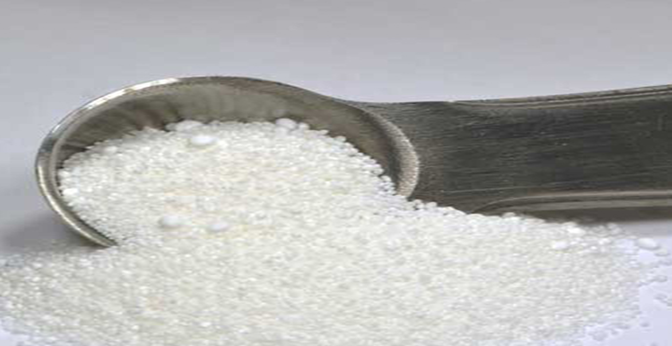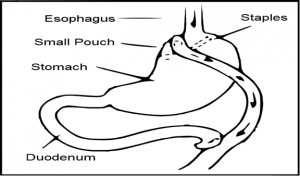Image source: salesatdrmyhill.co.uk
D Ribose is the type of sugar substance produced by the body through the consumption of various food products. The increased cellular energy results in improved symptoms to patients suffering from fibromyalgia. Different body organs produce different amounts of ribose to meet their daily needs.
The sugar levels produced are used to supply energy to our bodies especially during vigorous exercise. This article describes the pros and cons of using d-ribose on your health.
Pros:
1. Improve muscle energy: The sugar produced can boost muscle energy as well as improve the athletic performance of an individual.
2. Protect kidney failure: Ribose helps protect kidney dysfunction and reduce tissue damage through chemotherapy. It reduces kidney damage because of inadequate blood supply.
3. Improve chronic fatigue: If you have chronic fatigue symptoms, taking ribose will improve your energy, the sense of well-being as well as improve sleep.
4. Improved heart function: During imaging, ribose is used to measure heart muscle damages in people with heart problems. Taking ribose by mouth improves the functioning of the heart.
5. Prevent muscle fatigue: People with genetic disorders use ribose supplement to prevent muscle fatigue as well as prevent sufficient energy production by the body. This results in more energy supplied to the heart during exercise.
6. Seizures: When taken by people with seizures, it improves their behavior as well as reduces the seizure frequency.
7. Increase endurance: It helps produce enough energy which can be used during exercises and sports performance activities.
8. Speed up post-workout recovery: Taking ribose will help you reduce workout pain and stiffness in patients who suffer from AMPD deficiency. D-ribose helps to improve your exercise ability and prevent any cramping, stiffness, or pain after the exercise.
9. Improves weight loss: It helps to reduce body weight by increasing gut mobility and energy expenditure. This leads to remarkable weight loss.
10. Replenish energy reserve: D-Ribose helps in the recovery of the energy reserve after vigorous exercise which results in inadequate blood supply to tissue and other organs.
Cons:
1. Side effects: Once the medication is taken, it can cause diarrhea, nausea, headache, or even stomach discomfort for a short while.
2. Diabetes: It reduces blood sugar levels especially when used together with diabetic medication. This makes the blood sugar drop too low thus not suitable for diabetic people.
3. Surgery issues: During surgery, ribose can interfere with blood sugar control. Therefore, it is recommended to stop taking d-ribose two weeks before the surgery.
4. Digestive issues: Consumption of ribose can upset the digestive system of a few people especially if taken in large quantities.
5. Cell dysfunction and impairments: When protein aggregation and advanced glycation end products (AGEs) are induced, d-ribose results to dysfunction of cells and cognitive impairments.
6. Memory loss: Oral administration of ribose drug for a long time will result in memory loss and anxiety to affected persons
7. Cost: The powder is very expensive and sometimes it is difficult to get products that will generate pure ribose supplement.
8. High blood pressure: It may affect people suffering from blood pressure since the heart need to use a lot of energy to pump blood.
9. Pregnant and breastfeeding women: Pregnant women should not take Ribose although there is not enough documented information about its effects on the fetus and breastfeeding the child.
10. Not effective appetite suppressant: Although it can be used for weight loss, ribose alone cannot be effective in weight loss and there are no proven appetite suppressants that can help to burn fat in the body.



